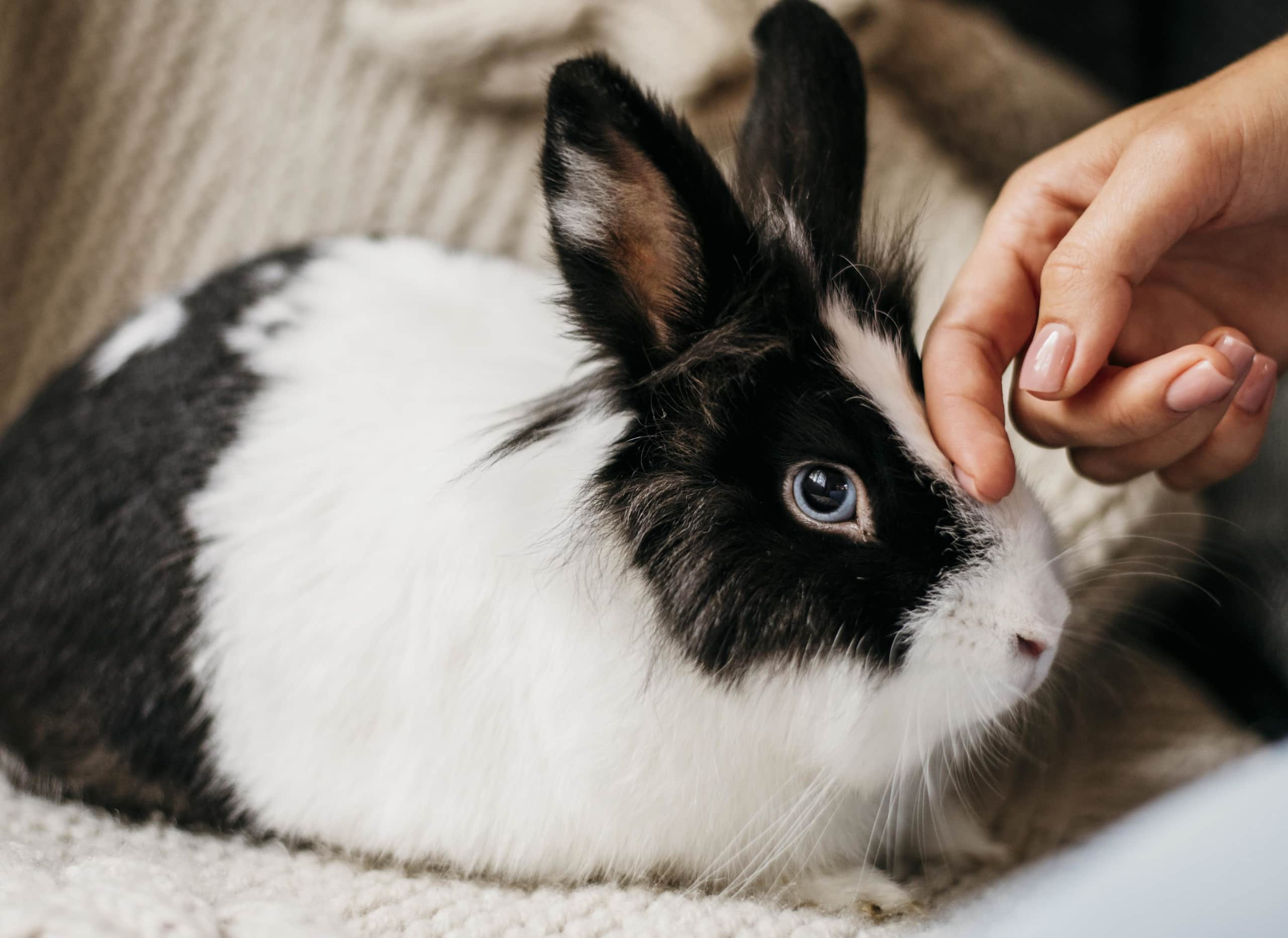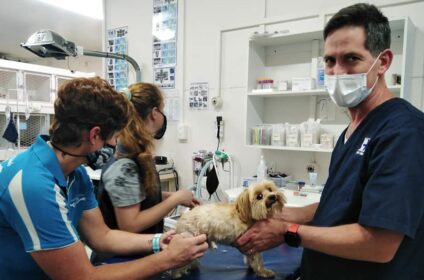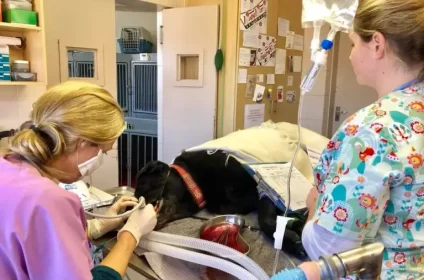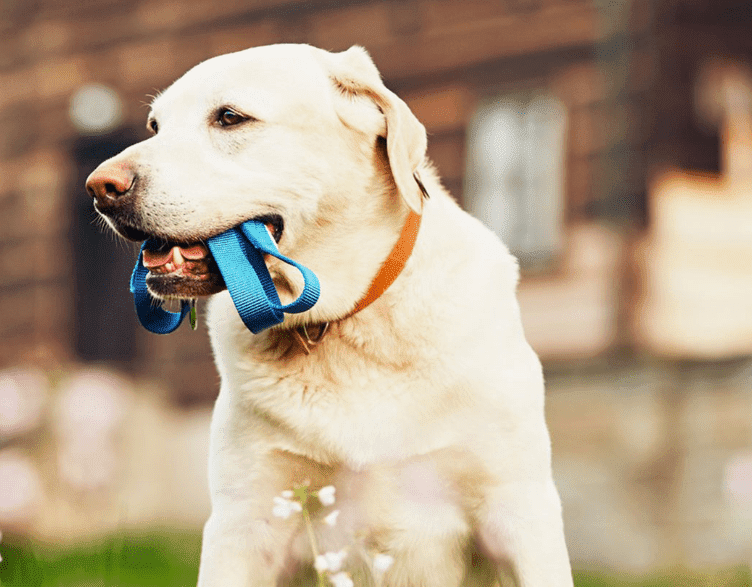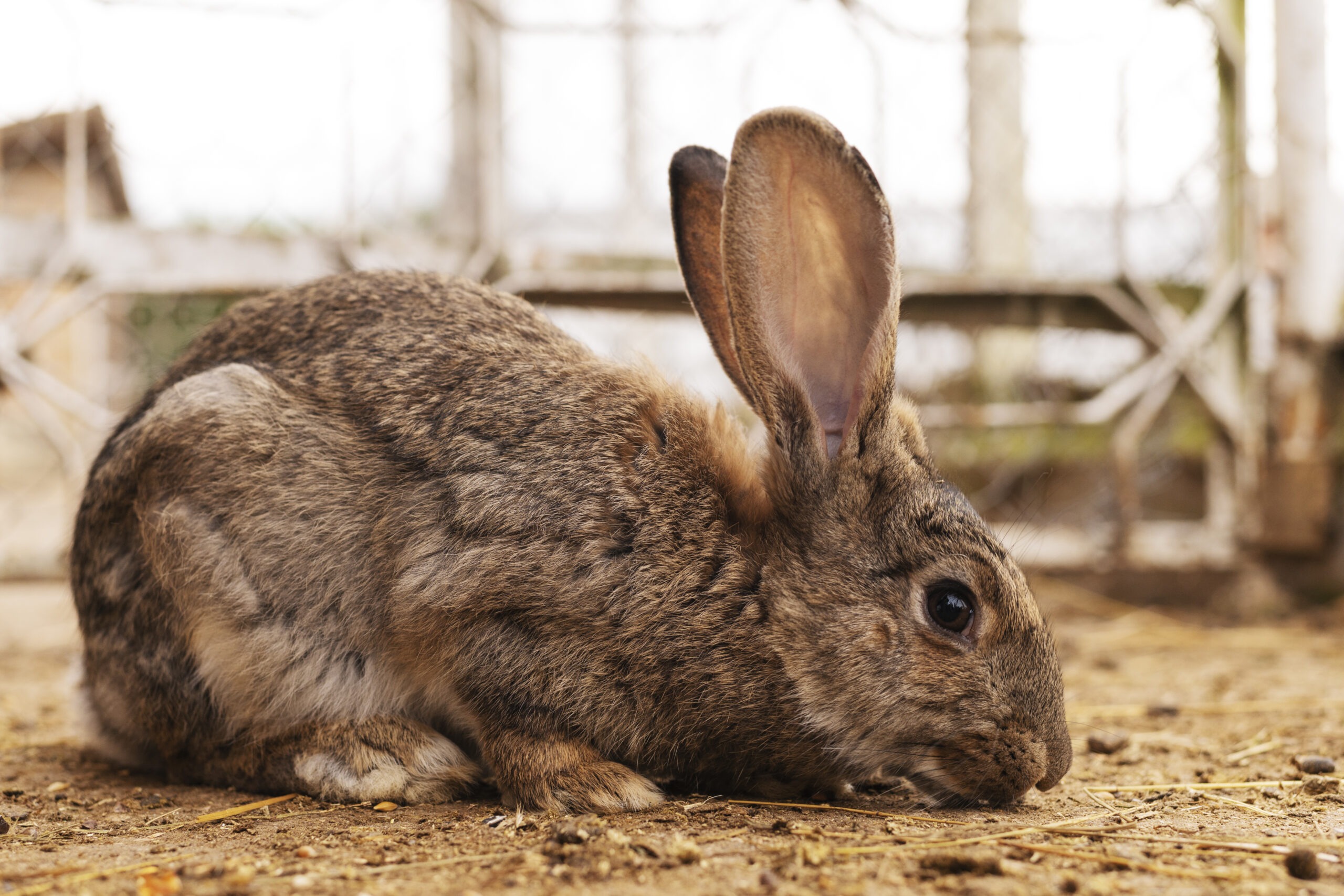As a first-time pet owner, understanding the fundamentals of pet nutrition is crucial for the well-being of your new furry friend. Here’s what you need to know:
- Consult a Veterinarian: When you first bring your pet home, schedule a vet visit to discuss their nutritional needs. The vet can recommend the best diet for your specific pet based on factors like age, breed, and health status.
- Commercial Pet Food: High-quality commercial pet food is formulated to meet the nutritional requirements of pets. Look for products labeled as “complete and balanced” and approved by AAFCO (the Association of American Feed Control Officials).
- Portion Control: Follow the feeding guidelines on the food packaging and measure your pet’s portions. Overfeeding can lead to obesity, so it’s essential to monitor their calorie intake.
- Protein Content: Check the protein content of your pet’s food. Dogs and cats are omnivores and need animal-based protein sources in their diet for optimal health.
- Age-Appropriate Food: Choose food that is suitable for your pet’s age. Puppies and kittens have different nutritional needs than adult or senior pets.
- Avoid Feeding from the Table: Resist the urge to feed your pet from the table. Many human foods can be harmful to pets, and feeding them from your plate can lead to unhealthy begging behaviors.
- Fresh Water: Always provide your pet with fresh, clean water. Proper hydration is essential for their overall health and well-being.
- Regular Check-Ups: Schedule regular vet check-ups to monitor your pet’s health and nutritional needs as they grow and age.
By following these guidelines and seeking advice from your veterinarian, you can provide your pet with a balanced and healthy diet, ensuring they live a long and happy life by your side.





